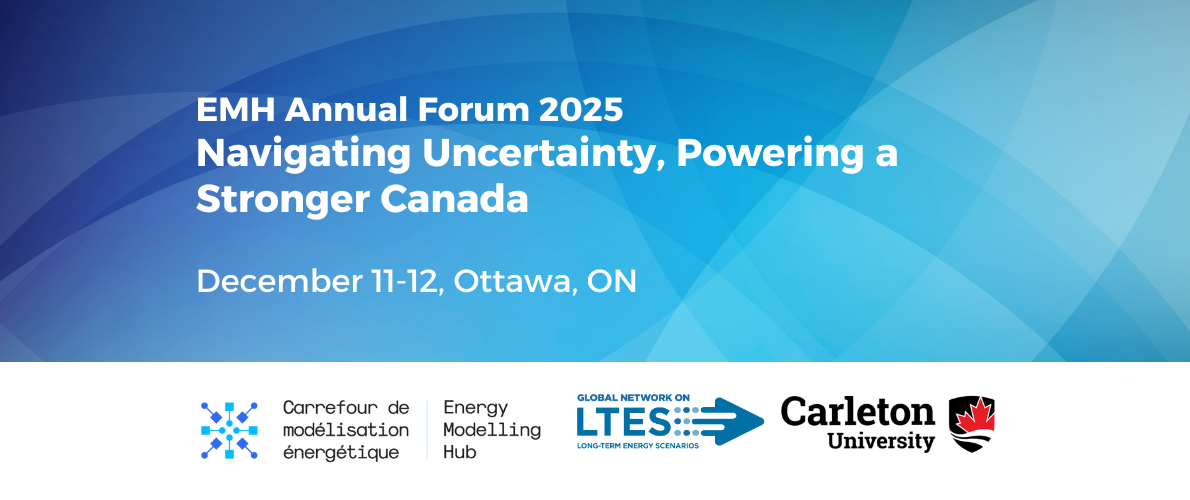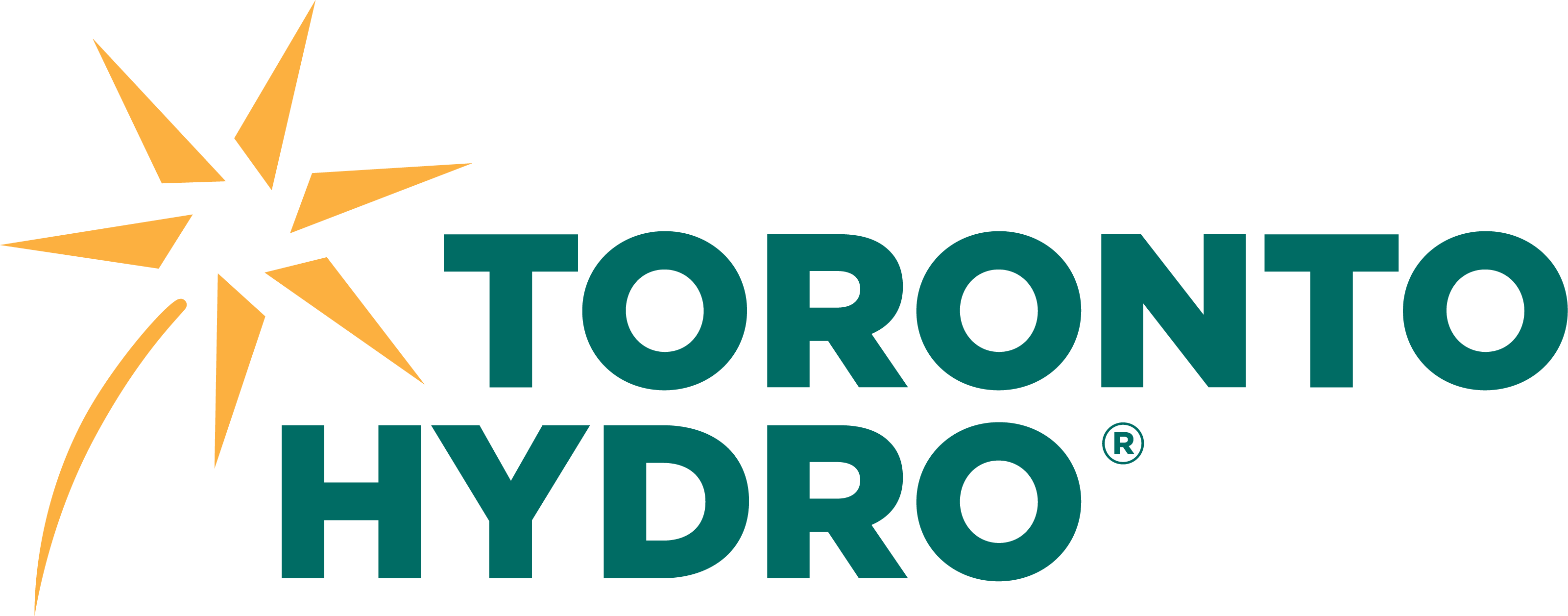The EMH Annual Forum 2025 will bring together Canada’s leading energy modellers, policymakers, and system experts for two days of strategic dialogue, collaborative learning, and actionable insights. Held in Ottawa on December 11–12, this flagship event explores the role of modeling in navigating Canada’s complex energy and economic transitions—linking electricity planning, climate policy, industrial strategy, and macroeconomic impacts. With high-level panels, model showcases, and hands-on sessions, the Forum equips decision-makers with the tools and evidence to shape a net-zero future.
Venue Information
Atrium of the Carleton University, Richcraft Hall (River Building)
The building sits at the corner of Campus Avenue and University Drive.
In google maps enter: Campus Ave & University Dr or use this link into Google Map .
The official address is 1125 Colonel By Dr, Ottawa, ON K1S 5B6, but this does not correspond to the precise location of Richcraft Hall.
An interactive campus map can be found here . Richcraft Hall is indicated by RB.
Visit this document for more campus information, including photos and parking maps.
Quotes from Past Participants
“One of the best conferences I have attended—an excellent mix of academics, policymakers, and industry professionals!”
“The forum successfully brought together the modeling community, offering strong buy-in from the Canadian government and generalizable lessons for broader applications.”
“The poster lightning presentations were a great addition this year, providing a dynamic platform for sharing new ideas.”
“A fantastic balance between technical discussions, modeling advancements, and policymaking insights—well-structured and engaging.”
“Great networking opportunities, excellent speakers, and well-moderated discussions—this event keeps getting better each year!”
“The venue, the people, the presentations—everything was well organized and created an engaging environment for collaboration.”
“A valuable opportunity to connect with federal policymakers, gain insights into their challenges, and showcase new modeling approaches.”








